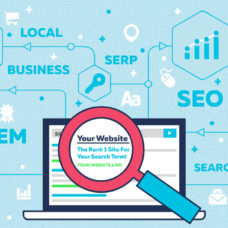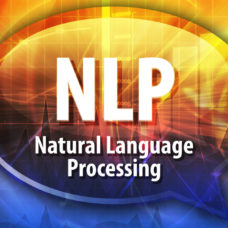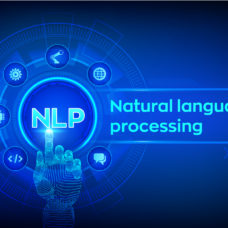While working the other day, I came across an element within the spellcheck system of Grammarly which made me pause.
While writing about an island created in the Atlantic as a power plant, I used the term “manmade” to describe how the island was created.
This led to Grammarly informing me that the term “manmade” was gender-biased language and recommended that I change it to a more neutral term like “humanmade”.

Now, I understand exactly why Grammarly pulled me up on this. It is certainly a gender-biased term, but it got me thinking about the process which led to this error message being inserted.
Was it the AI itself which had decided that my gender-biased thinking needed to be changed? Or was it its programmers’?
If it was a decision made by the programmers, was it due to their own belief in the term needing to be corrected or as a precaution in case of backlash or outrage from users?
Read More: Why Manners Matter More to Robotic Automation Than You Think
I then tried another few terms within Grammarly to see if they pass the PC test. “Mankind” is also gender-biased, but the saying “men from the boys” is not. “Manpower” is another no-no, but terms like “middleman”, “common man”, “rise of man”, and “mother tongue” are all perfectly acceptable.
Why Should Anyone Care About Gender-Biased Corrections?
Upon further research, I found a lot of outrage online about this decision. On most sites, I noticed that it was largely people against this change that were speaking out against this.
One article alone contained 52 comments all railing against Grammarly’s “authoritarian” approach to their writing style.

This raised the question of exactly why these people were becoming so annoyed at Grammarly’s gender-biased error suggestions.
While you could argue that gender bias should be a valid consideration in proper grammar, the primary argument against this feature focuses on a different aspect of the suggestion. That is, the program is telling the user what they should and should not say.
Naturally, people are resistant to being told what to do. If the directive already steps on their toes because of a perceived political association, as in the comment above, they’re going to go into defense mode.
In the past few years, the term “Political Correctness” has been thrown around with an infinite number of definitions. In most cases, however, it has been humans making the decisions on what is politically correct or not. Now, in our creation of Artificial Intelligence, we are giving these terms and notions to the programs we develop.
Read More: AI 101: Why AI Will Bring the Next Revolution
Although this seems like a minor issue when it comes to things like the use of the word “manmade”, the ethical programming of AI will become an enormous issue in years to come.
A clear example is autonomous cars. In the event of a crash, if both a pedestrian and driver have an equal chance of surviving, who does the car choose to save? What if it just decides to save itself?
As the Artificial Intelligence we create becomes more intelligent, we need to start discussing the issue of ethics a little more deeply. It may seem frivolous, but when AI is driving us to work, flying our planes, and even performing surgery on us, we need to know where the ethical and moral lines for these programs lie.
Political correctness is just the tip of the iceberg. However, it is an iceberg that is looming ahead, and one we need to focus on soon.



















Speech is voluntary, you don’t have a right to not be offended.
That said, when I first became aware of this a few years ago, I voluntarily adjusted my speech to be more gender inclusive, but it has to feel right. That depends on the words in question, culture, audience and setting. At least it’s my choice.
Fine if you don’t, and I won’t tell you how to speak or judge you. I hate it when anyone tries to force things on me. Real change comes from within.
So wish INK had a Docs plug in like Grammarly does but their WordPress plug in is useful. So, no more copying text. And it optimizes CPO so I would promote it.
I appreciate your article. My first experience with this issue was when I was writing Alt Text for an image on a website… a woman sitting on a dock, thoughtfully looking out at a lake. Getting PC schooled by Grammarly took me by surprise. I need to be able to describe this image. That is a woman. How does the image get describe in detail for someone who is sight impaired without telling them it is a woman. While I appreciate that all people should be treated with kindness and respect, I think the PC gender neutral direction is way off and will cause a lot of confusion and more deeply rooted issues and hurt in our society. For example, I think the term mankind is gender neutral, as is human, referring to humans as a whole. I am a woman who is part of mankind. We are going down a slope of making ourselves absolutely unable to cope with life. Go live and be kind. That is all.